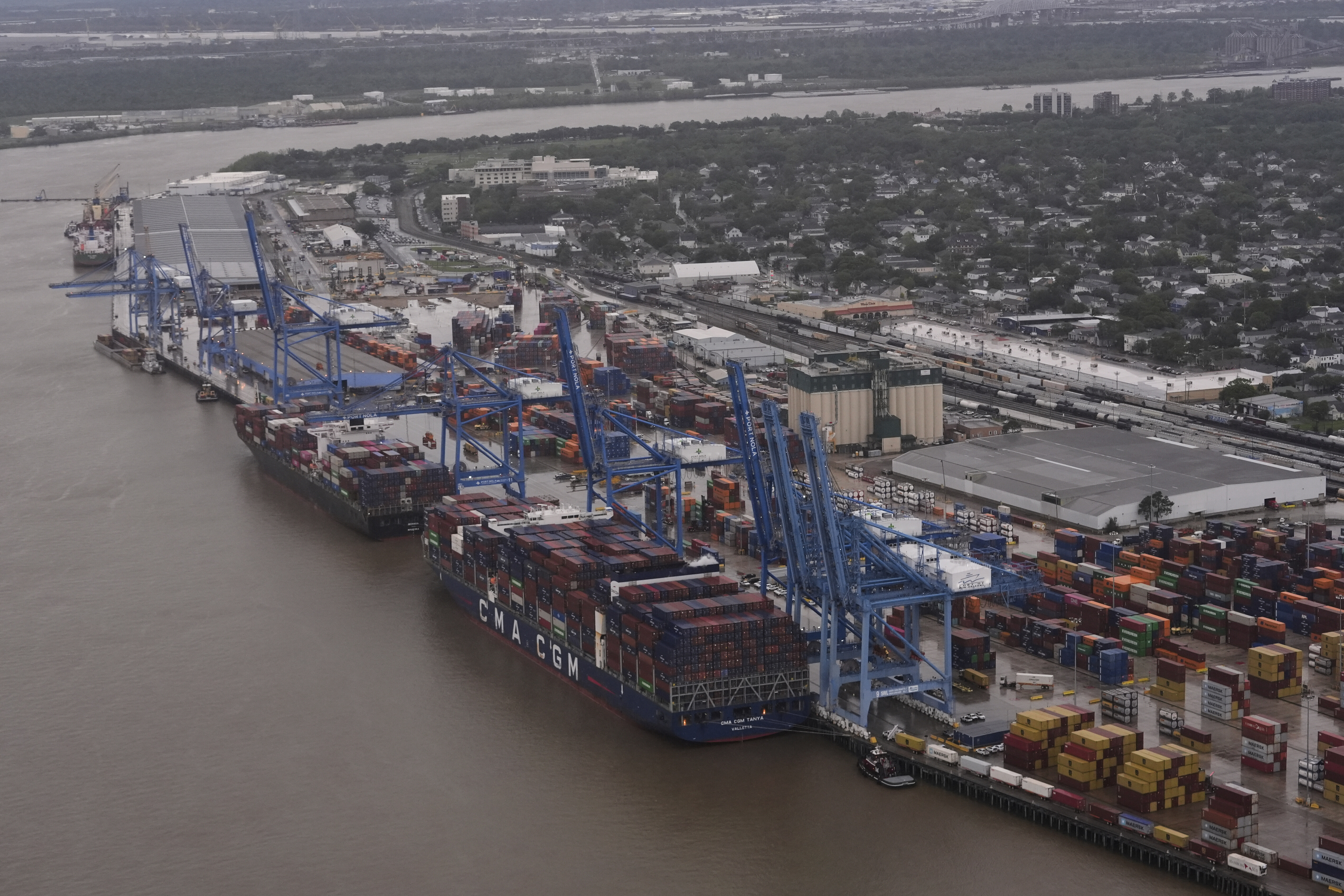Hosting the 2014 FIFA World Cup was supposed to provide an unalloyed boon to Brazil’s global image. Yet tournament preparations have highlighted many structural weaknesses in Latin America’s largest country, and predictions that the World Cup will deliver enormous economic benefits should be treated with skepticism.
Few scholars understand World Cup economics better than Dennis Coates, a professor at the University of Maryland, Baltimore County. In a 2010 paper, he examined the relevant research and concluded that 'the clear economic beneficiaries of World Cups have been international and national soccer organizations,' not host cities or national economies. Coates cited three studies in particular: Wolfgang Maennig determined that the 2006 World Cup provided 'no meaningful boost to the German economy.' Robert Baade and Victor Matheson calculated that 'American host cities during the 1994 World Cup experienced declines in income' (emphasis added). Maennig and Florian Hagn found 'no lasting impact of the 1974 World Cup on German employment.'
But surely Brazil can expect an economically significant jump in tourist spending, right? After all, the government anticipates that the 2014 World Cup will lure roughly 600,000 foreign tourists and another 3 million domestic tourists to the host cities. Yet these numbers will not automatically translate into a major net increase in tourist traffic, tourist expenditures, or local economic activity.
Such an increase will depend on World Cup tourism being much greater than normal Brazilian tourism, because (1) many World Cup tourists will simply displace regular tourists, and (2) some Brazilians will leave their home cities to avoid the crowds and daily interruptions associated with the tournament. As Coates explained in his paper, 'there is a wide array of evidence that sports mega-events, including the World Cup, have little net impact on the number of tourists arriving and staying at the host destination. Without substantial tourists over and above the normal tourist traffic, unless the World Cup fans spend substantially more than the usual travelers, there can be little new impact on the local economy of the mega-event.'
For all those reasons, we should not overhype the economic effects of World Cup 2014. There will obviously be short-term gains for Brazilians working in construction and other industries, but the tournament will probably not deliver a permanent boost in income or employment levels. Indeed, many of the hugely expensive stadiums that are being built for the World Cup may sit empty and unused after the festivities are over, much like the stadiums that were constructed for the 2008 Summer Olympics in Beijing and the 2010 World Cup in South Africa.
Even if the 2014 tournament does produce the economic windfall that government officials are promising, World Cup preparations have drawn attention to embarrassing Brazilian corruption scandals and also reminded foreign observers that South America’s aspiring superpower suffers from poor infrastructure, excessive regulation, bureaucratic waste and inflexible labor markets.
Given that Brazilian politics is plagued by rampant corruption, it is not surprising that the Brazilian Football Confederation (CBF) is similarly afflicted. CBF president Ricardo Teixeira, who assumed that position way back in 1989, has been accused of massive embezzlement. These charges are receiving much greater scrutiny now that Teixeira and the CBF are playing such a big role in the World Cup planning, and they are currently being investigated by Brazilian federal police. (A decade ago, the general secretary of a Brazilian congressional commission declared that Teixeira 'is directly responsible for creating an environment which is ripe for an administrative disaster.')
Meanwhile, the Brazilian Supreme Federal Court is probing claims that Orlando Silva, a former senior government official, embezzled up to $23 million. On Oct. 26, Silva resigned from his job as Brazilian sports minister, becoming the fifth minister in President Dilma Rousseff’s government to leave office amid corruption allegations. (The Rousseff administration has been in power for less than a year.)











